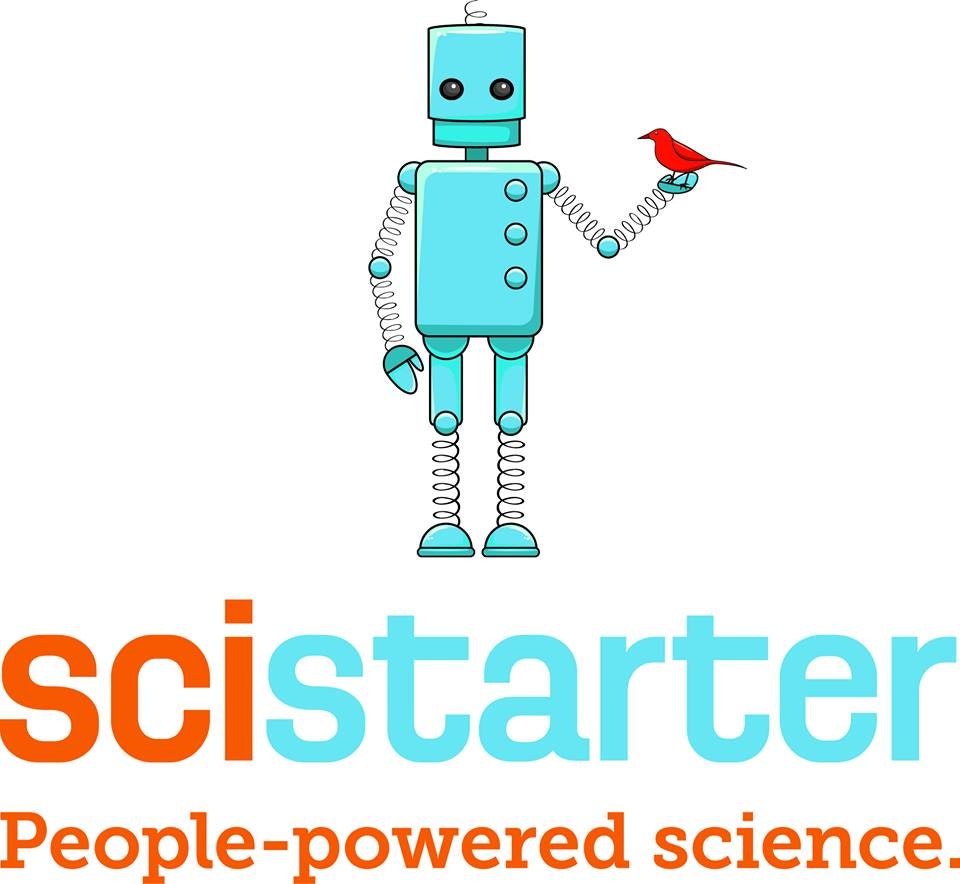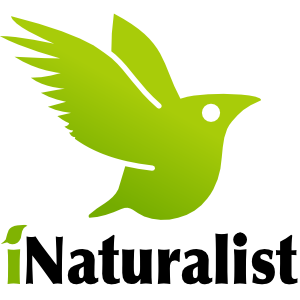Community Science Resources
To help you get started, here are some excellent resources to help you become a community scientist. Remember, your most important tools are your observation skills. So, focus your eyes, open your ears and start exploring!
Scistarter: People Powered Science

Scistarter is an online platform that connects people to real science they can do. Citizen science is happening all over the world and projects cover the social, biological, and physical sciences. With hundreds of science projects to participate in, Scistarter makes it easy to find the projects that you want to participate in.
Using the Scistarter website, you can search for projects by topic, keyword, location, and more. Once you find a project you are interested in, the project description gives you useful information such as materials needed, ideal age group, special skills, and average time. Visit Scistarter today to get started!
iNaturalist

iNaturalist is a powerful network bringing together citizen scientists, researchers, practitioners with scientific observations. iNaturalist is a website and mobile app where you can turn your photos of nature into scientific data. iNaturalist allows you to store, organize, share and learn about your observations. Here are some of the features of iNaturalist.:
- Record your encounters with organisms and maintain life lists , all in the cloud
- Connect with experts who can identify the organism you observe
- Build your knowledge by talking with other naturalists and helping others
- Help scientists and resource managers understand when and where organism occur
- Find a project with a mission that interests you, or start your own Bioblitz event where people try to find as many species as possible.
To find out more visit the iNaturalist website. The iNaturalist App can be downloaded free from ITunes
Citizen Science Association

The Citizen Science Association aims to bring together the expertise of diverse practitioners working in this field in order to share the breadth of resources and best practices across different citizen science project types. Whether through grassroots action or technology-mediated crowdsourcing, there has been a rapid increase in public participation in scientific research.
The success of citizen science initiatives takes dedication not just from volunteers, but from organizers, educators, scientists, data managers, technology specialists, evaluators, and others. Practitioners work to design, support, and implement projects, manage and use data, and evaluate and research individual initiatives or the practice itself.
Association membership is now available. Members have the opportunity to shape the development of the Association by voting on key decisions about direction, priorities, and leadership. Members and non-members alike can sign up to receive updates through a monthly newsletter, and are welcome to join a discussion board for sharing questions, ideas, innovations, and announcements among peers in this field. Ti find out more or to become a member of the Citizen Science Association, visit here.

.jpg?ixlib=rb-1.1.0&or=0&w=720&h=720&fit=max&auto=format%2Ccompress&s=33c9ac8f00f93c6970e3445ef339edb1)
